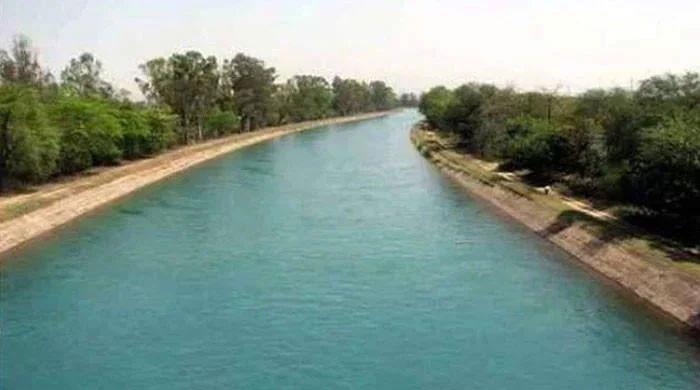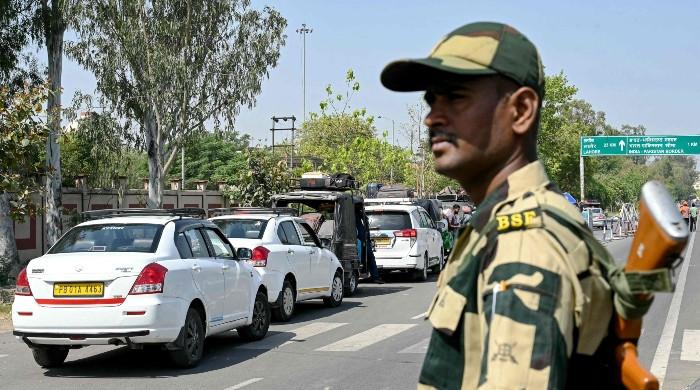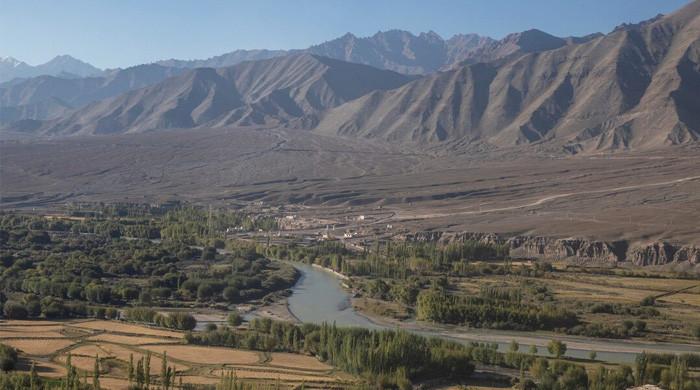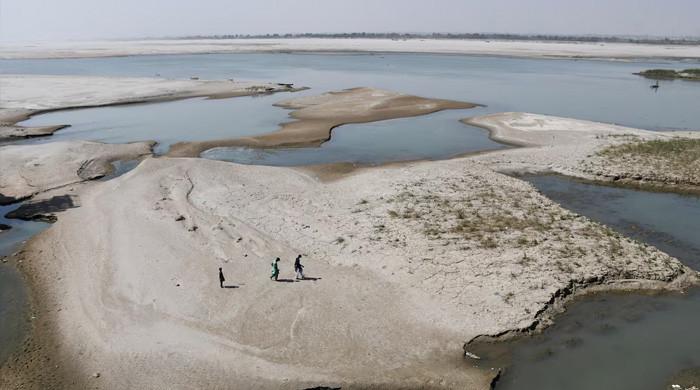The exploiter and the exploited
State’s decision to back away almost totally from education, given state of our public sector schools, of course, opens up the way for exploitation
October 20, 2022
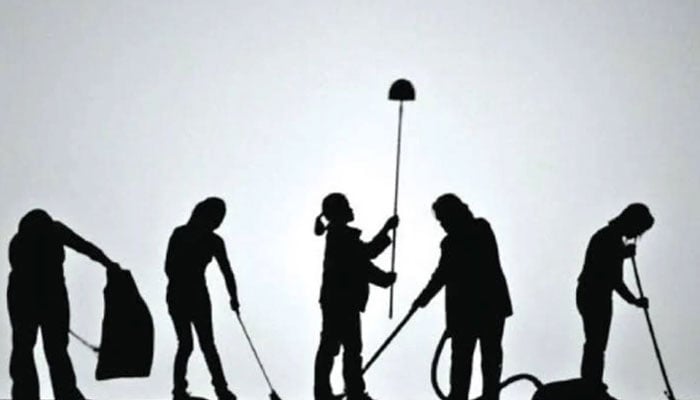
We have turned into a society where exploitation is a game too many people play. We see it in the cases hanging before the courts, where pensioners from banks and other institutions, many of them now sick and some who have already passed away, fail to get verdicts delivered in their favour even after years and years of trying.
How these families survive is an open question. Indeed, we do not think too hard to see how much exploitation of the helpless, of the powerless, of people who have no choice but seek only to better their lives just a little bit exists everywhere. One example, of course, is the many housing societies that have cropped up everywhere in the country, under government policies, and where people carry around files but do not receive the plots or the apartments they have booked. The money goes into the pockets of the wealthy and is taken away from the middle class and lower middle class across the country.
There are multiple other examples. Hospitals exploit people openly and often quite blatantly, refusing to carry out even critical surgeries at private centers unless money is delivered in advance and often in cash. The same is true of schools, which charge exorbitant fees in the case of the top private schools, but deliver a quality of education which many experts say is only mediocre compared to the rest of the world.
There are studies which suggest that some Pakistani professors with PhD degrees would have difficulties getting a place at the IIT colleges in India, which have taken the country by storm and raised levels of education dramatically. In other words, our education system is so badly set up that people who struggle to send their kids to middle or low-income schools have no chance at all for achieving the kind of success that education should give every child everywhere, no matter what background he or she comes from and no matter what his or her parents do. In many cases, the schools have been set up only to earn profit and for no other reason.
The state’s decision to back away almost totally from education, given the state of our public sector schools, of course, opens up the way for this. Madrassahs too play a role by exploiting the very poor and offering them a place in their institute for a son in exchange for food and a bed. Obviously poor families are tempted by this and in many cases, those children are placed in an environment where at best they are taught never to question what is imparted to them, and at worst may be driven towards extremism in one form or the other. This trend has to change but, despite government promises, there is no sign that this is happening.
Labourers are exploited in their factories and peasants in the fields. There is no protective safety net for them or for their families. Indeed, even Wapda linesmen have no protective equipment to use when they clamber up poles stretching high voltage cables. The organisation claims that the staff do not use the equipment given out to them, which may in some cases be factual, but then of course it is the duty of the persons running the organisation to ensure that rules are followed and safety guidelines not ignored in any circumstance. After all, it is only tough policing in other countries which ensures people stop at red lights, follow the law in other matters, and play a useful role in society rather than an exploitative one.
In a society such as the one we have created, there can be no hope of parity, and no hope of people reaching their full potential. In many areas of the country we have a medieval culture where bonded labour still exists and influential people are free to commit murder and get away without any punishment at all. Political parties are partly responsible for promoting or at least failing to quench this culture and not cracking down on their members who engage in such acts of cruelty.
And in addition to the human species, we are also exploiting nature by using it for profit by cutting down trees for timber across the country, ignoring the fact that this contributes to flash floods and other environmental problems as we have seen in the recent floods. Yes, much of the havoc was caused by global climate change for which Pakistan is not responsible, but we ourselves have done little to preserve nature and our ecosystems. It is true mangrove forests are now growing back, but we have cut down so many of them that the growth now being planned offers only a little and will take a long time to bring any results.
Talking of mangrove swamps and their significance to the country, fisherfolk too face large-scale exploitation, with trawlers allowed into the waters of Karachi and Gwadar. This results in a dramatic drop in the catch of smaller fishermen who must go out on their hazardous boats in hope to bring in a living. In making profits by handing over stretches of water to large companies, we do not think of these people or their futures and their families.
Until we learn to recognise exploitation and understand that it cannot continue indefinitely, our situation will not change. The exploitation is visible in households and offices everywhere, with domestic servants facing abuse, working for extremely low wages, because we have failed to set up a system to defend their rights and in the worst cases being subjected to abuse — notably in the case of women and children who are most vulnerable of all. According to organisations that have studied the matter, up to 90 per cent of female domestic workers have faced harassment in one form or the other, often going without complaining for fear that they will lose their jobs.
The culture of exploitation begins at the top and then moves down to tiers below. There has been no political party which has truly made an attempt to stop the exploitation of people and make an effort to give them a life that is of quality and has some meaning within it. Left leaning parties, or the few which remain in the country and still follow this ideology, talk about change and the need to help people. But they are not getting very far. Perhaps a coalition of all leftist parties in the country could help. But in the meanwhile, we continue to have cases of students facing issues at their education institutions because places or exam marks are available only for money and there is a huge disparity in the kind of education people can afford.
The rich are still able to provide their children a decent education, equitable with the learning offered in many other countries in the world. Those from low-income groups cannot do so. This in itself is a disaster. We need to develop a more equal, caring society where exploitation of all kinds can be stopped and the brutalization of people put to an end one way or the other. This would involve change being triggered by political leaders and their parties so that people have a way of expressing their desires and moving forward in life with some degree of upward mobility added to a society where it has remained largely stagnant for years, and as a consequence held back growth in many different fields.
The writer is a freelance columnist and former newspaper editor.
Email: [email protected]
Originally published in The News




